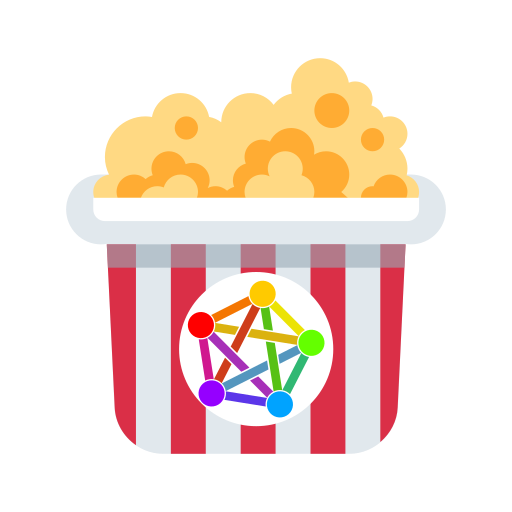

Exactly! If you know enough foundational principles, you can quickly rule things out and develop ways to narrow down what remains. If you rely too much on diagnostic tools, you’ll miss out when the tools fail to catch something odd.
I’m a software engineer and we had a problem where our corporate laptop wouldn’t allow us to install our dev tools (needed to debug a windows specific integration and we dev on macos). Instead of waiting a week for IT to come fix it, I realized we just needed it to look like a service was running locally, and we had ssh through the git bash shell, so I set up an SSH tunnel between the windows system and the dev machine and they were able to keep working while waiting for IT to get time to help us. We rarely use SSH at work, but I understand enough about how networks and sockets work so I was able to quickly help them solve the problem.
You don’t get that type of intuition if you don’t understand how the underlying tech works, and that’s true regardless of your field.







I guess my point is that it’s harder to suss out the actually competent people if they’re able to build a good portfolio using tools. AI makes this harder, since they can sound more competent than they are, and them a few months down the line we need to discuss them leaving the org.